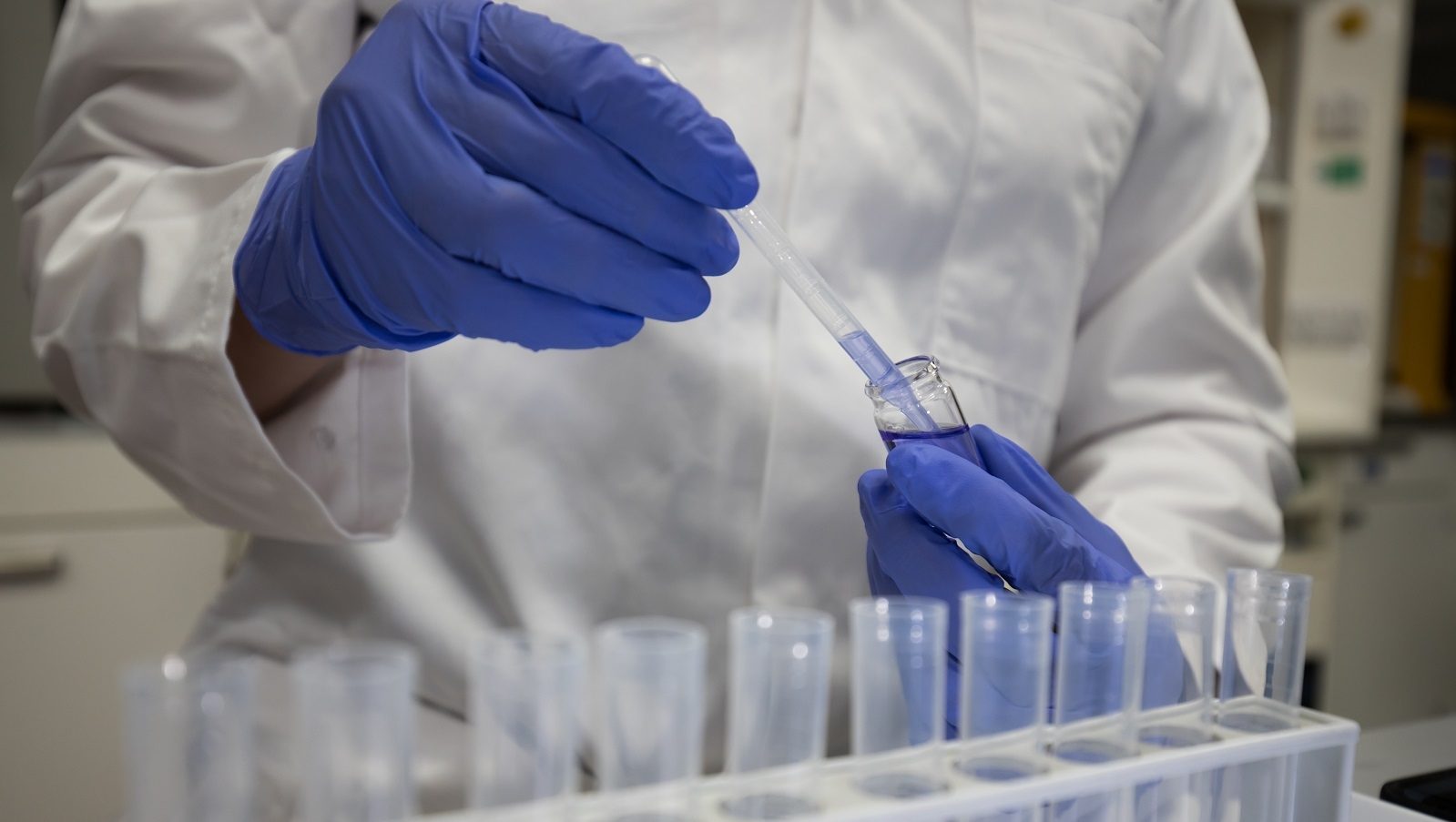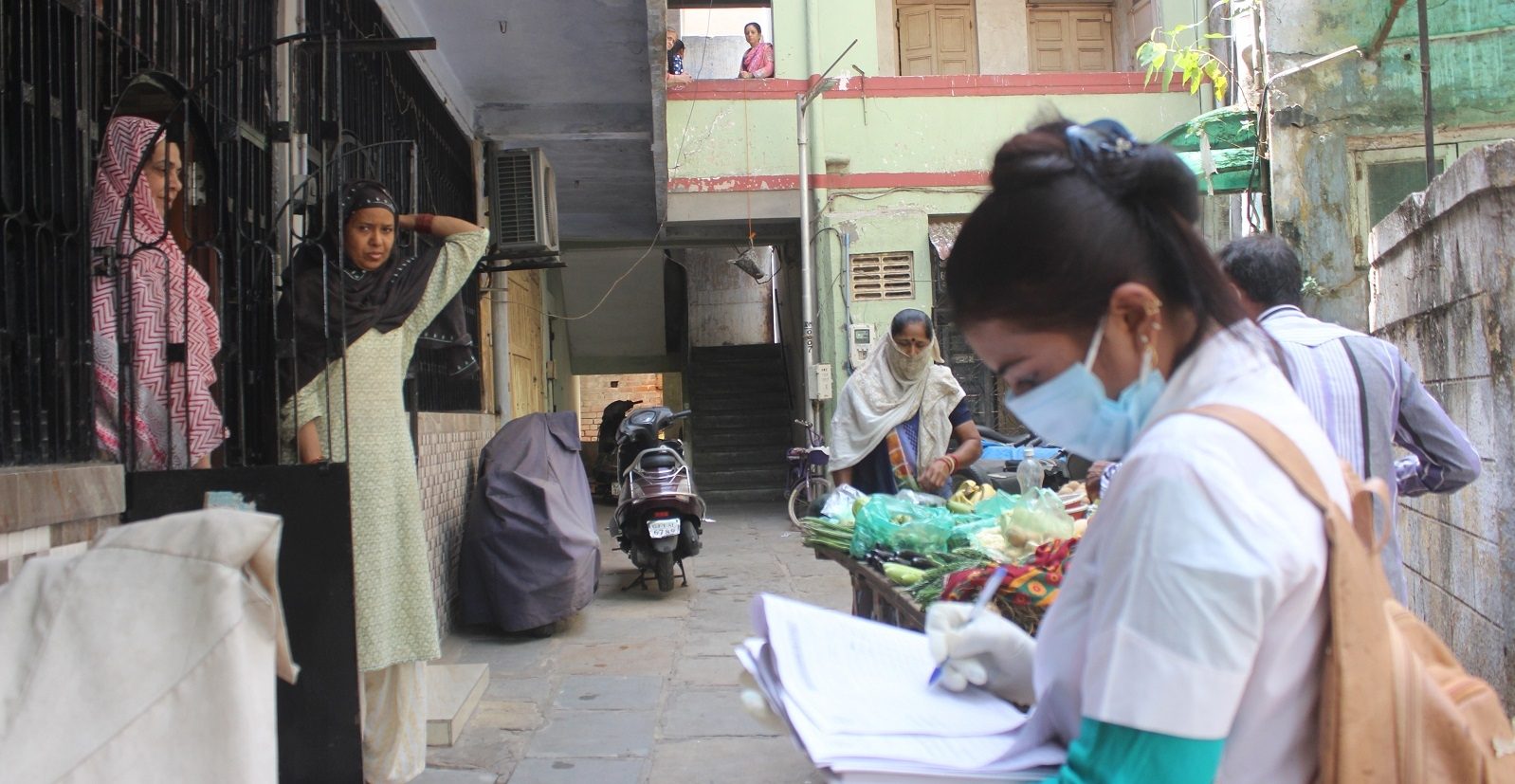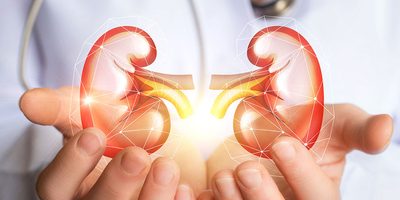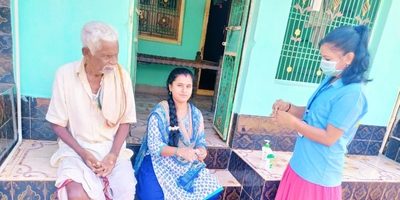As 2020 draws to a close and we look back on our most read stories of the year, its perhaps not surprising that so many of them relate to COVID-19.
The pandemic has impacted people around the world, but particularly those with pre-existing medical conditions or limited access to medical care. We’re proud of the important contributions we have been able to make to the global fight against COVID-19 including:
- The DARE19 trial, seeking to prevent disease progression in hospitalised patients;
- The HOPE study evaluating protective therapy for healthcare workers exposed to SARS-CoV-2;
- The CLARITY trial testing whether low-cost blood pressure-lowering medications can reduce the severity of COVID-19, and
- A study monitoring the risks of suicide during the pandemic, part of the SMART Mental Health project.
We look forward to continuing this contribution into 2021, but in the meantime, here are the top five most-read stories of 2020.
1. Social distancing and exercise – is 1.5 metres enough?
With gyms closed, many more people are taking to the streets to get their daily exercise, but what does this mean for social distancing?
Our respiratory expert Prof Christine Jenkins explains the science behind the 1.5 metre rule and how best to protect yourself when exercising outdoors.
READ MORE
2. Frontline health workers in COVID-19 prevention and control: rapid evidence synthesis
Our rapid evidence synthesis reports the recommendations for the role of frontline health workers during COVID-19. The findings go beyond research evidence and integrate multiple types and levels of evidence from across the world and highlight what we can learn from recent pandemics such that we are prepared for potential scenarios and challenges due to COVID-19.
The report and inventories provided serve as a ready resource guide for any country considering the use of community health workers to control COVID-19.
READ MORE
3. Challenges facing individuals and researchers: suicide in India in the COVID-19 pandemic
The COVID-19 pandemic has had considerable impact on the mental health and wellbeing of individuals. Researchers suggest a spike in deaths by suicide during the COVID-19 pandemic. This has emphasized the importance of identifying changes to the risk of suicide and working towards its prevention by extending more help to the distressed people.
There are numerous reasons responsible for the mental health impact of the pandemic in India. Many daily wage labourers and migrant workers have lost their jobs due to the lockdown, have little to sustain their livelihoods, are starving to death and in general are very stressed.
Pallab Maulik and Sudha Kallakuri summarise key considerations from an article published in The Lancet.
READ MORE
4. Almost a day’s worth of calories hidden in fast food meal combos, study shows
New research and report from The George Institute for Global Health shows some popular fast food chains are serving up almost all your daily energy needs in a single meal.
According to the FoodSwitch: State of the Fast Food Supply report, the Red Rooster Bacon and Cheese Rippa single meal consisting of one Bacon and Cheese Rippa Roll, large (by default) fries and coke contained 7730kJ per serving, or 89 percent of the average adult daily energy intake.
READ MORE
5. The vital contribution of nurses to the COVID-19 response
Contribution of nurses and midwives to healthcare delivery and as health systems around the world work to boost their workforce capacity to cope with the COVID-19 pandemic has never been more vital.
In Australia, nurses who left the workforce were recalled to duty and those already in the workforce were asked to retrain so they can work in intensive care where they will be needed most.
Frances Bass, ICU Research Nurse (Royal North Shore Hospital) and Project Manager, Critical Care Division at The George Institute talks about the challenges and opportunities nurses faced.
READ MORE
Read other research, resources, news, and opinions on COVID19 from The George Institute




























